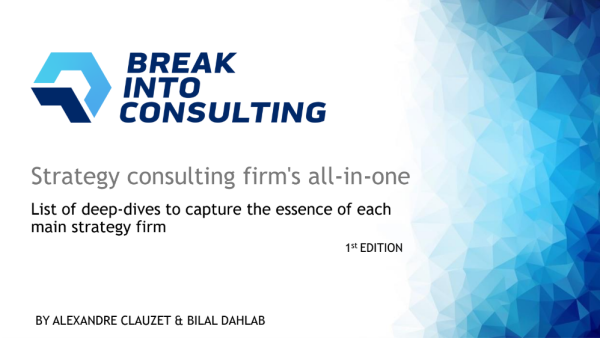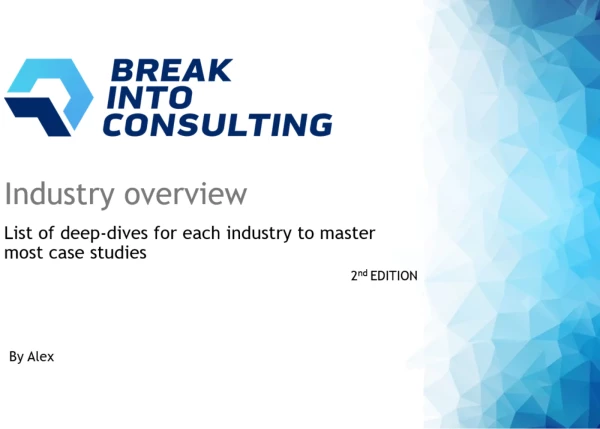Hello, I am struggling with long prompts during interviews.
I. is it ok to ask the interviewer to repeat the prompt if we missed several information while taking notes ?
II. Should we summarize the prompt after the interviewer gives it (only main ideas) or repeat the prompt as it is with our words (this way we make sure that we didn’t miss something) ?
III. Do you have ideas how to take notes of the prompt please ?
Many thanks.
(edited)







